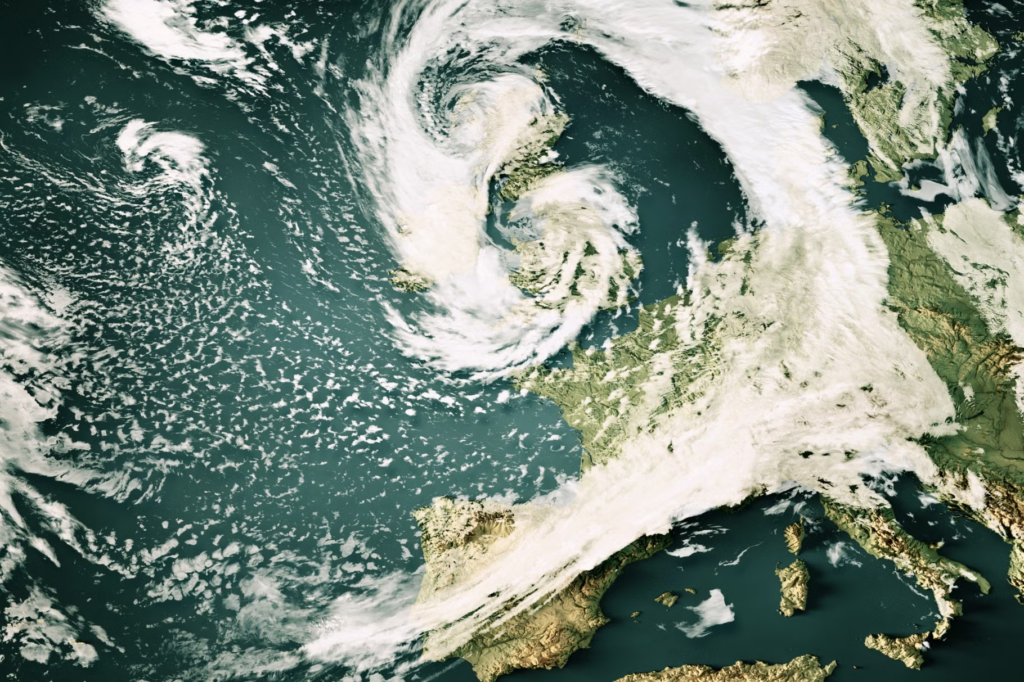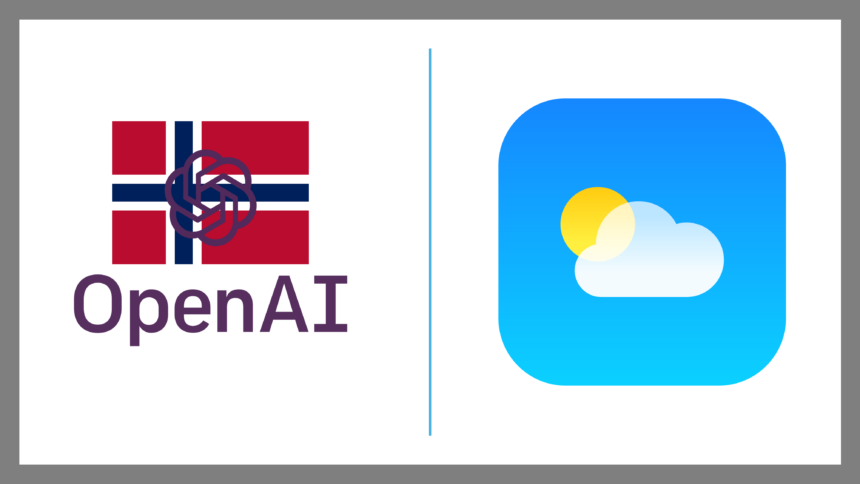AI technology continues making waves, with legal challenges in Norway and remarkable advancements in weather prediction technology. The Norwegian variant of ChatGPT faces legal issues, highlighting broader AI regulatory concerns. Simultaneously, scientists have unveiled a groundbreaking AI forecasting system named Aardvark Weather, dramatically improving weather prediction accuracy and speed.
What’s Happening & Why This Matters
A Norwegian adaptation of ChatGPT is embroiled in a lawsuit, raising critical questions about AI ethics and regulatory oversight. The legal challenge underscores the increasing attention AI technologies receive from regulators and legal systems worldwide, reflecting growing concerns around AI’s implications on privacy, intellectual property, and transparency.
Meanwhile, a significant AI-driven advancement in weather forecasting named Aardvark Weather has emerged. Developed collaboratively by researchers from the University of Cambridge, the Alan Turing Institute, Microsoft Research, and the European Centre for Medium-Range Weather Forecasts (ECMWF), this innovation is detailed in a recent study published in the scientific journal Nature.
Traditional weather forecasts rely heavily on extensive, expensive computing resources, typically requiring hours of processing by supercomputers managed by large expert teams. In contrast, Aardvark Weather employs AI trained on raw global data sourced from weather stations, satellites, weather balloons, ships, and aircraft. Remarkably, it drastically reduces computational demands—using thousands of times less power while delivering forecasts tens of times faster.
Richard Turner, a professor at the University of Cambridge, clearly expressed the transformative potential: “This is a completely different approach to what people have done before. The writing’s on the wall that this is going to transform things.”

This new AI system is tailored to deliver precise and timely forecasts for specific industries and regions. It holds considerable promise for applications such as predicting agricultural conditions in Africa or estimating wind speeds crucial for European renewable energy companies. According to Dr. Scott Hosking, from the Alan Turing Institute, Aardvark Weather could significantly “democratize forecasting,” making advanced forecasting technologies accessible globally, particularly benefiting developing countries.
Additionally, the AI system presents enormous potential for improving natural disaster predictions. Dr. Anna Allen, lead author of the research from the University of Cambridge, emphasizes its relevance in forecasting severe events like hurricanes, wildfires, and tornadoes and monitoring broader climatic conditions such as air quality, ocean dynamics, and sea ice fluctuations.
Aardvark Weather has proven superior to existing systems, notably the US national GFS forecasting system. Notably, despite utilizing merely 10% of traditional input data, it competes effectively with forecasts provided by the United States Weather Service.
TF Summary: What’s Next
The ongoing lawsuit involving Norwegian ChatGPT highlights the pressing need for more explicit AI regulations. Meanwhile, revolutionary advancements like Aardvark Weather indicate a robust and transformative future for AI applications in various industries. Continued innovation and regulatory developments will likely shape AI’s trajectory, significantly influencing global technological landscapes.
— Text-to-Speech (TTS) provided by gspeech


